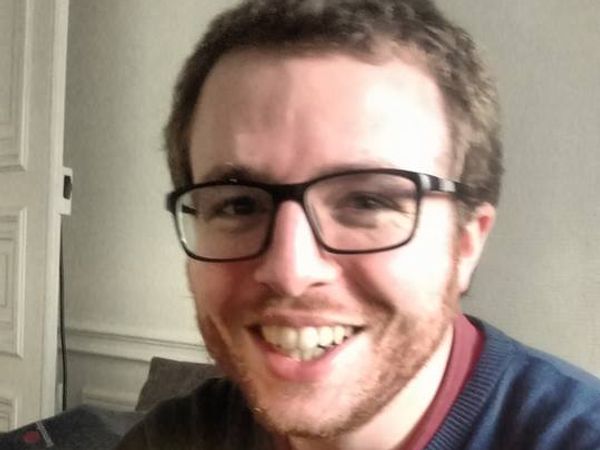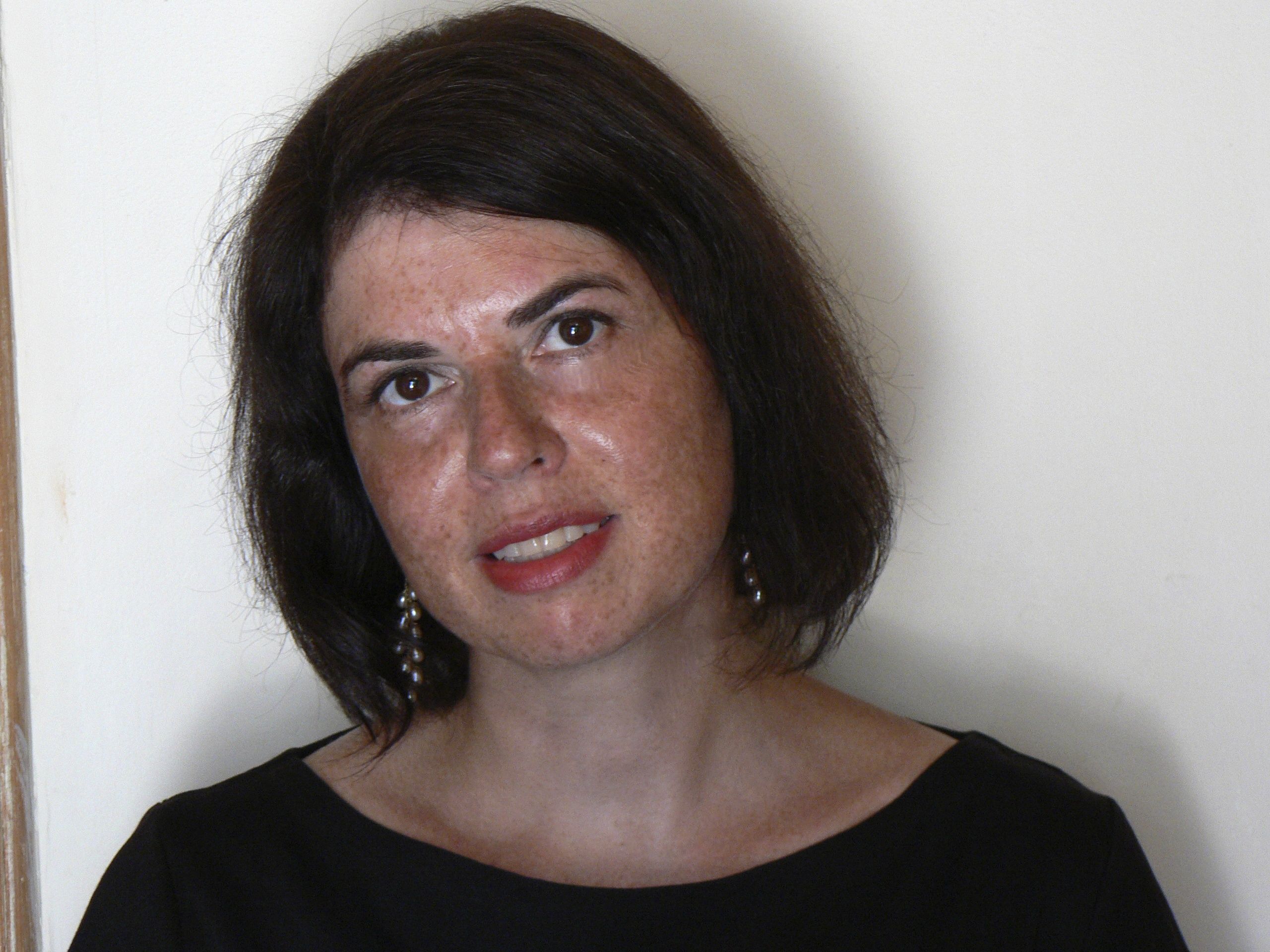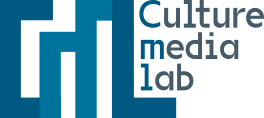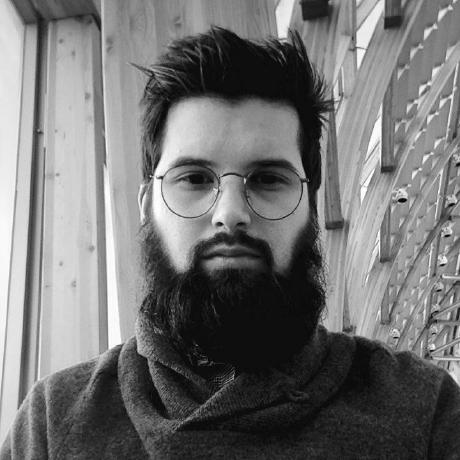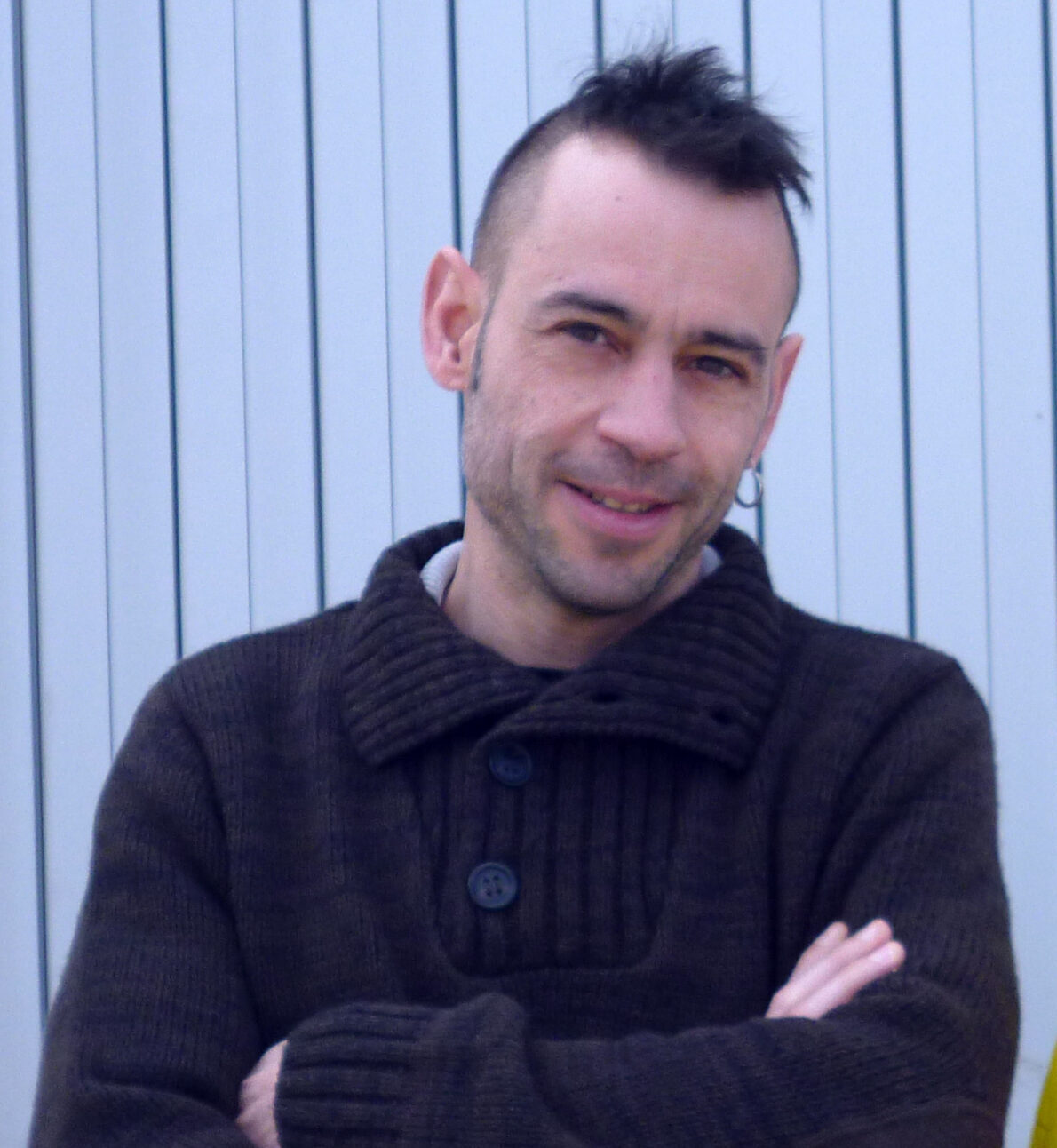In this interview given to Culture Media Lab by the Carrefour Numérique²’s Collaborative Innovation project manager, she presents her organisation and anticipates the issues at stake on 6 July, when the Carrefour Numérique² will be hosting a day on the ANR Collabora and participatory practices.
Can you introduce Carrefour numérique²?
Carrefour numérique² is a space located in the Cité des sciences et de l’industrie in Paris. It is a collaborative space, with free access, for all audiences, dedicated to digital culture. We have a 1200 square meter space, which allows us to offer a place to meet and collaborate. We are equipped with two laboratories, a FabLab and a Living Lab.
Our objective is to enable the appropriation of issues related to digital culture. The specificity of our approach is to have a pedagogy based on doing and doing-together. Our approach is not top-down but much more horizontal. We also aim to promote and publicise innovation while trying to diversify our audiences as much as possible and to encourage cooperation with civil society. We welcome various categories of public: young adults, families, enthusiasts forming communities such as the Makers, who use the FabLab, but also groups of designers, groups of citizens involved in free software. We also support entrepreneurs, Cité employees and research teams. For example, we are currently hosting a research team in residence for a participatory research project on AI and its controversies.
What is your background at Carrefour Numérique²?
I have been working at Carrefour Numérique² for 17 years now. I started as a digital mediator. At that time, the challenges and methods were different. We focused on bridging the digital divide. Now I am in charge of activities related to open and participatory innovation.
On 6 July, an event is being organised with the DICEN-IdF and the Dôme? Why host and co-organise it?
If we joined the organisation, it is first of all because of the theme: digital contribution. Marta Severo and the DICEN-IdF also wanted to open up to civil society and professionals. And we, as a place and a cultural institution, are also looking for this openness and this collaboration between stakeholders on issues related to digital culture. It was therefore an obvious choice. We will have the opportunity to showcase our know-how and also our spaces adapted for a forum which, even more than a scientific symposium, is a time for sharing knowledge, exchanging and possibly pooling. It is a real working day.
One of the objectives of this day is to aim to better understand the contributors to digital platforms. Why is this an important issue? And how can this event help us to understand and support this contribution process that we are witnessing and that is promoted by certain actors on the Internet?
I think it is extremely important to ask ourselves the question of contribution and mobilisation, because we can sometimes set up platforms that call for the participation of users or communities, and end up with projects or platforms that do not find their audience. You end up with empty shells. This work is essential in order to identify the levers and factors that enable the creation of collaborative projects that last. Especially as most of these sites do not rely on remuneration for contributors. For those who engage in this type of approach, it is very positive to know the factors of success and failure and to be able to share their feedback.
One of the issues that will be discussed is the question of data, particularly their legal, ethical and technical framework. During this day, will it be possible for the actors concerned to receive recommendations, to attend presentations that will enable them to reflect on the licences to be chosen, the format to be adopted and, in general, to reflect on this very important issue online and for democratic questions?
A call for contributions was launched a few weeks ago. It is planned to put forward testimonies before each workshop on the issue of data. And to allow for contributions of knowledge on very specific points. But it is obvious that in one day, we will not be able to explore the whole issue of data and the legal framework.
As far as the content is concerned, we will be very interested in the exchange of practices and mutualisation. No one will be in a passive position: we will listen, but everyone will also be able to contribute to this day. We are also counting on the strong participation of researchers who, notably with the observatory of collaborative platforms, have expertise on the subject, notably the DICEN-IdF.
This event is also the closing of the research project ANR Collabora. How do you view this project coming to an end?
One of the salient points for me is that the research team that the research team wanted to be open to civil society. They are studying cultural contribution platforms but the results, more often than not often remain within the research community. I felt this real desire for openness and a link between research, professionals professionals, cultural professionals, institutions and Internet contributors, active citizens. If this forum works well, it will open up new perspectives in the field of participatory of participatory innovation and contributory platforms.
Link
The project page of ANR Collabora can be consulted here.
Mots-clés
Last news
